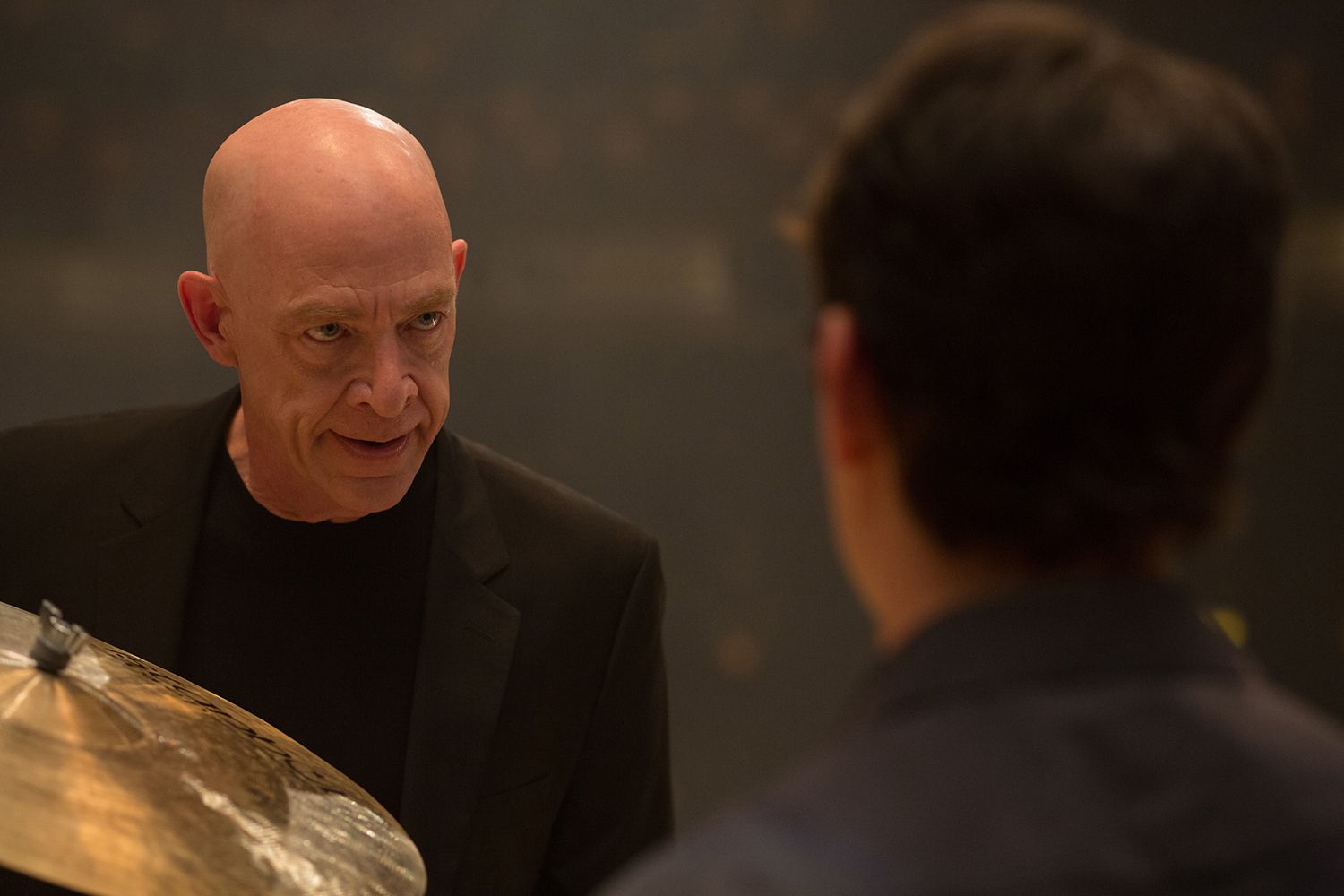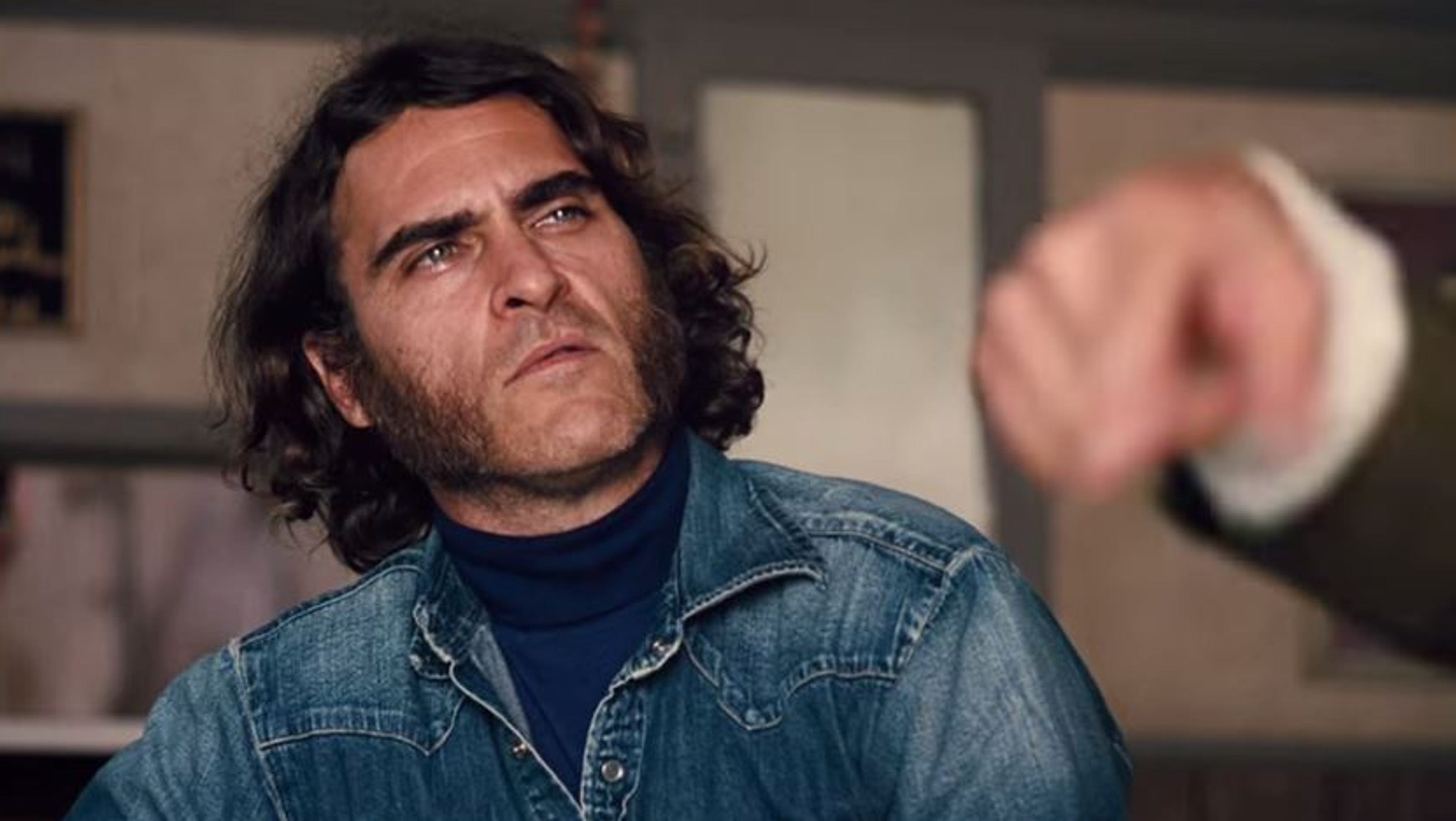A young 5 year old boy named Jack (Jacob Tremblay) has grown up solely in a small 10 by 10 foot garden shed room with just a ceiling window above to provide anything hinting at an outside world. Jack is accompanied by his young but nurturing mother Joy (Brie Larson) who cares for him and keeps him occupied throughout the day with fun games and stories that sharpen his mind. At night Jack sleeps in a closet as Joy receives visits from his father Old Nick (Sean Bridgers) who rapes her before leaving food and occasional supplies for her and Jack. Then a new days begins and the routine continues. And this routine has been going on for years. That this material is based on the true Fritzl case which inspired the 2010 novel of the same name makes this story all the more unsettling. But “Room” is both unsettling and emotionally rewarding as only the most compelling character driven dramas can be.
Adapted for the screen by Irish playwright Emma Donoghue, directed by Lenny Abrahamson ("Frank"), and starring Brie Larson (“Short Term 12”) in a truly mesmerizing performance as Joy, “Room” captures the powerful bond that is forged between mother and son during such times of incredible duress. We are introduced to the daily routines of Joy and Jack, mostly through Jack’s point of view, which include stretching, reading books and creating the likes of jewelry with egg shells. Joy makes the limited environment a bit of a warm and engaging playground and only gradually do we learn of the dire circumstances of her kidnapping. As the bigger (darker) picture is gradually unveiled the film does gain an incredible amount of suspense when Joy takes it upon herself to aid Jack in an escape attempt to the outside. Needless to say the attempt works and Jack does escape and make his way back to his mom, with the aid of the police, yet their problems are far from over.
Joy’s parents (expertly rendered by Joan Allen and William H Macy) take her and Jack home and do what they can to reintroduce them both to the outside world that Joy now struggles to connect with and one in which Jack is just being introduced. The dynamics shift between the two to where Joy has reverted into the role of a petulant child who is losing her purpose of being a mom and Jack’s roving curiosity of the exciting world around him is bringing him more out of his shell. Tremblay avoids the precocious trappings of most child actors and plays his scenes with a sense of wonder that feels genuine and deeply felt. This also goes a long way during the room scenes especially which could have otherwise come off as glaringly stagy due to the constricted environment.
Though Tremblay’s performance remains very good throughout this is Larson’s movie. She looks malnourished and slumps quite a bit in the room scenes but watch her as she slightly adjusts her posture or her eyes suddenly brighten when Jack says or does something clever or sweet. Larson creates a mother who needs her son as much as he needs her to survive and this is never more the case than when they’re back in the outside world attempting to adjust together. Her most telling scene comes around this time during an interview being held about the abduction and what she and Jack did to get out alive. At one point the reporter asks Joy if she should have found ways to get Jack away from the room sooner and if getting outside help could have made a difference in his overall maturation. Joy simply says “he didn’t need anyone else…..he had me” in a way that’s defiant, fearful and heroic all at once. It’s a compelling moment of power tinged with fragility that lingers long afterwards. And it beautifully encapsulates the insecurity and decency of any good parent who just wants the best for their child. If there is any justice in the world Larson will walk away with the best actress Oscar for her work here.
“Room” is by no means an easy film to watch but it’s a strong reminder of the endurance of love between parent and child and the joy of living that they can create for each other under any circumstance. More importantly it’s the best drama of 2015 and a movie not to be missed.















